Exact Answer: 3 Days
The human body requires a lot of water to function properly, and without it, a person can only survive for a few days. Many other factors, such as a person’s activity level and environment, are also important.
So it’s difficult to predict how quickly someone would die from dehydration. Dehydration occurs quickly, resulting in acute thirst, weariness, organ failure, and death.
On the first day without water, a person may feel thirsty and sluggish, but on the third day, they may have organ failure. Dehydration has different effects on different people.
Each person has a different amount of dehydration tolerance and may be able to go without water for longer or shorter lengths of time than another.
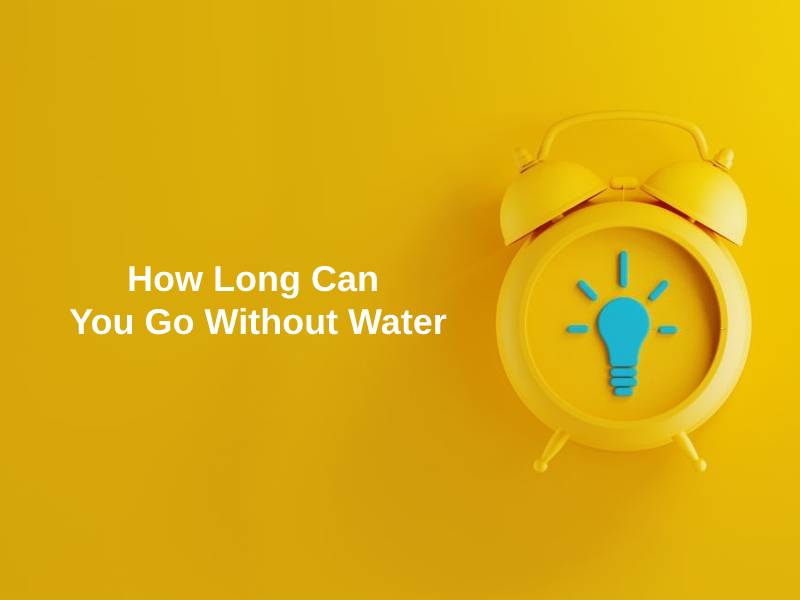
How Long Can You Go Without Water?
| State of Body | Time |
| Body without Food | 5-6 Days |
| Body without Water | 3 Days |
Many relevant mechanisms of the body, such as controlling internal temperature and keeping cells alive, require a lot of water. A human can survive without water for around three days as a general rule.
However, some factors, such as how much water a person needs and how they use it, can have an impact. The following factors may influence how much water a person requires: age, overall health, bodily factors, such as height, weight and sex.
What a person eats can have an impact on how much water they need to drink. A person who consumes water-rich foods may not require as much water as someone who consumes grains, bread, or other dry foods.

The amount of water a person consumes is also influenced by their surroundings. A person who lives in a hot climate will sweat more, losing more water. In a climate-controlled setting, people do not sweat as much, thus they need less water.
If a person with diarrhoea or vomiting does not have access to water, they will lose water significantly more quickly than someone who does not have these problems.
Why Can You Go That Long Without Water?
Water is required for practically every process in the human body, thus humans can only survive for a brief time without it. Sweating and breathing help to maintain body temperature.
By generating saliva and breaking down food, it improves digestion. Water helps to adjust the pH of the body by moistening mucous membranes. The spinal cord and joints are lubricated by water.
It aids in the production and utilisation of specific hormones by the brain. It aids in the removal of poisons from cells. It gets rid of waste through urine and breathing. Finally, water transports oxygen throughout the body.
The body cannot function properly without water and will eventually stop working. Water and other beverages aren’t enough to keep you hydrated. Food consumption accounts for 20% of your total daily water intake. Some people may be able to acquire even more water from their food if they consume a lot of fruits and vegetables, which are high in water.

As a result, eating foods high in water will help you avoid dehydration. Food, on the other hand, is unlikely to give enough water to keep you alive in the long run.
Dehydration symptoms might occur quickly. If a person’s body begins to lose water, he or she may experience shock and become unresponsive. Drinking water regularly helps maintain cells healthy, but when a person’s body loses a lot of water, the cells begin to shrink as the water is left. If water is not properly drunk, major health problems will arise.
Conclusion
Water is necessary for human survival. While some people can last for weeks without food, they can only go for a few days without water at most. Dehydration can be avoided by drinking water and consuming meals that are high in water.
Dehydration can quickly impact the body if you don’t drink enough water. After a few hours, depending on the person’s environment and level of effort, they may detect changes in their body.
A person’s body may lose water more quickly if they have diarrhoea or vomiting. Dehydration should not be a concern for someone who drinks when they are not thirsty.

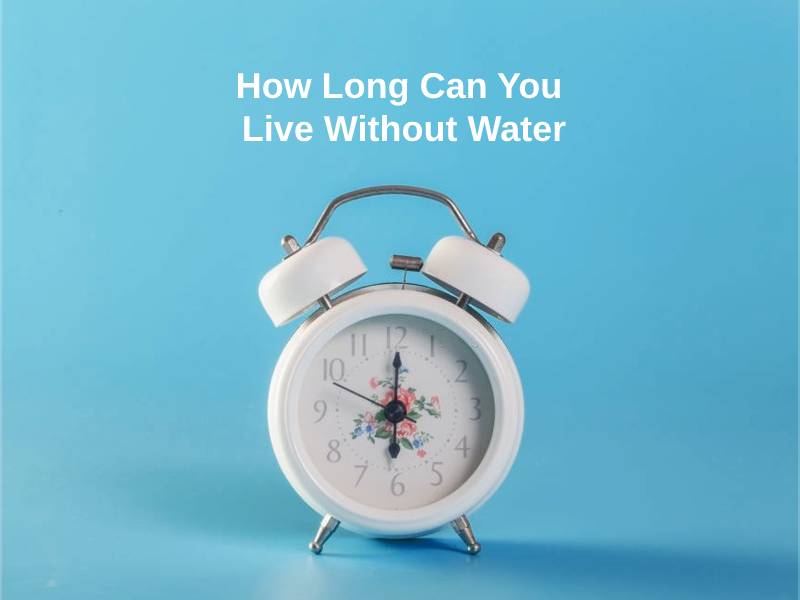
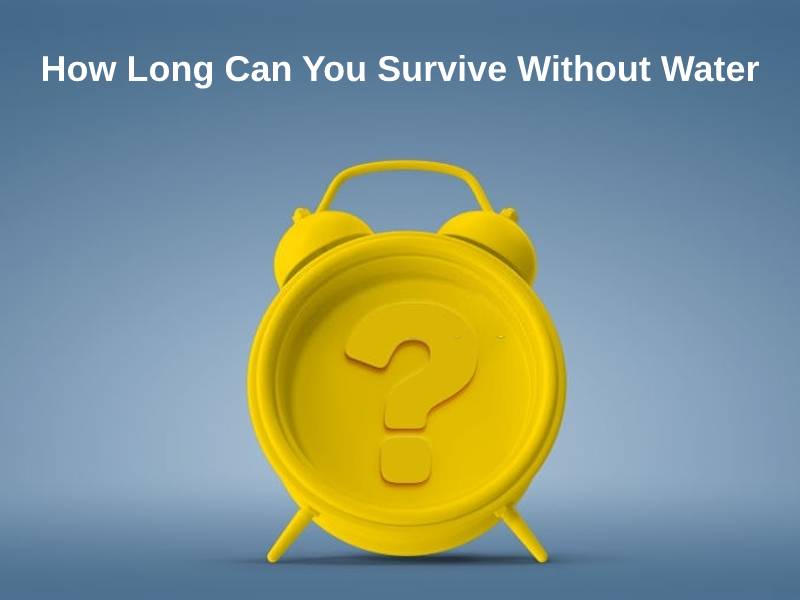
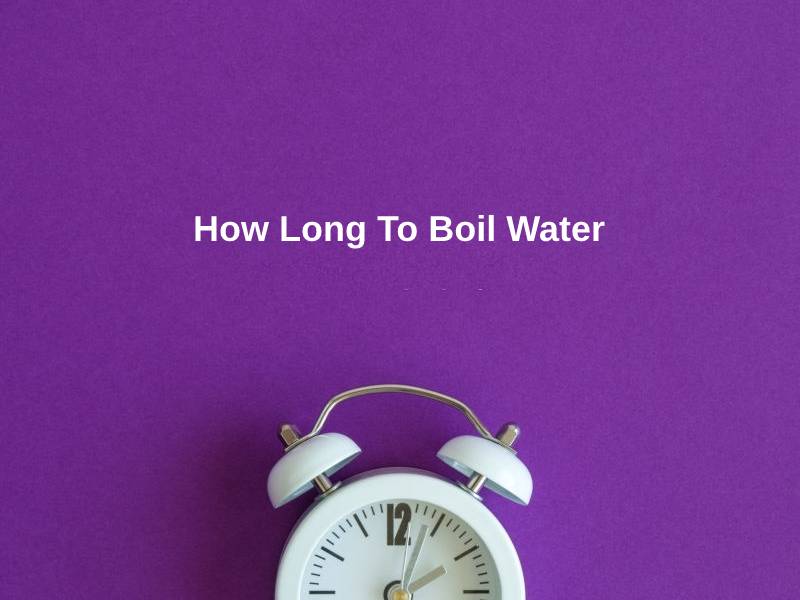
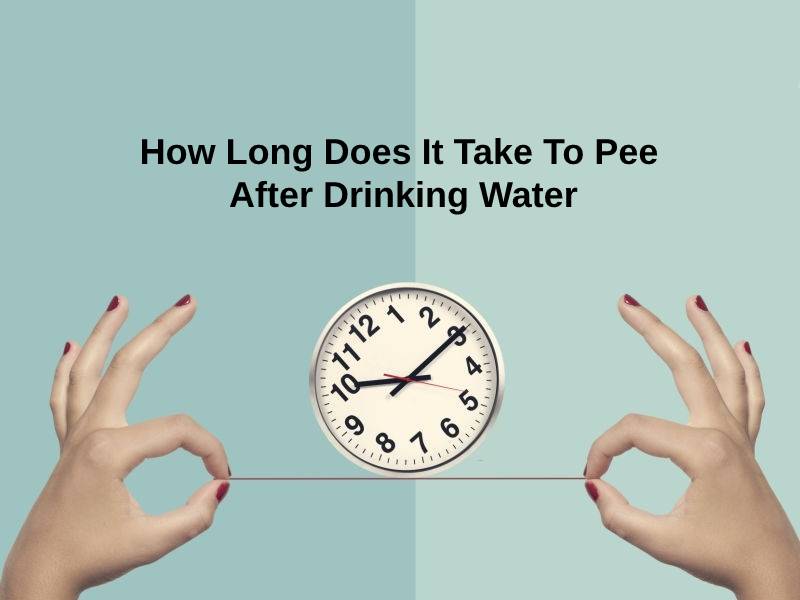
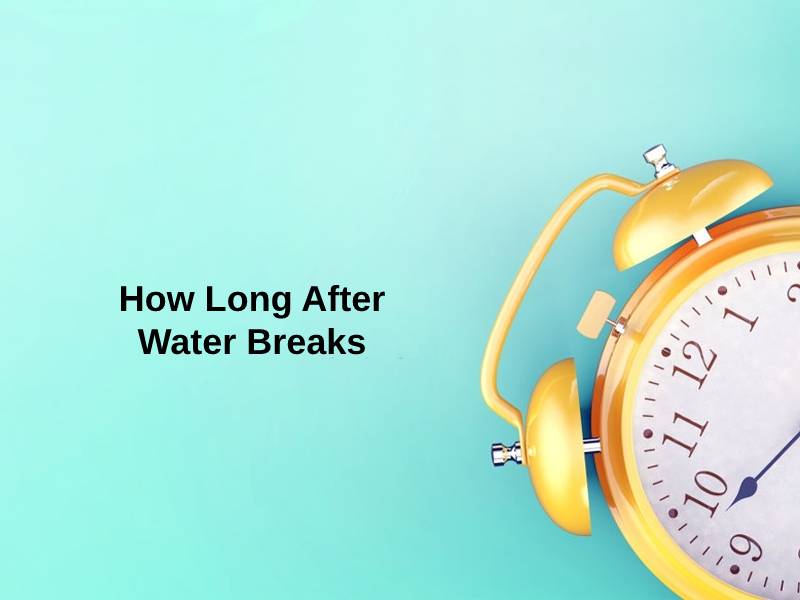
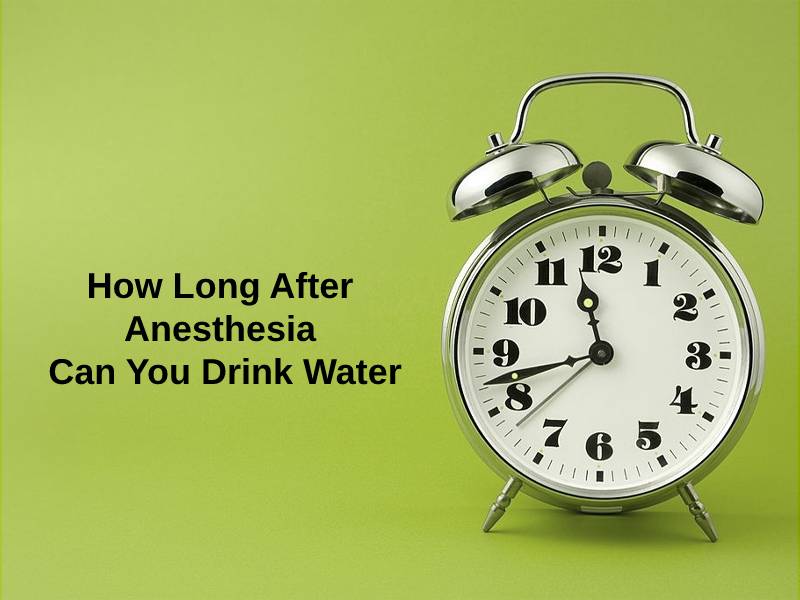
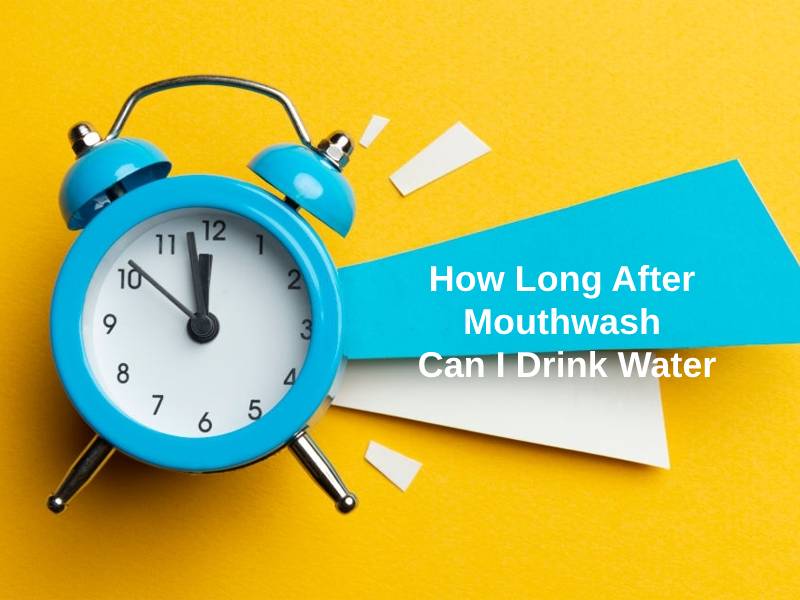
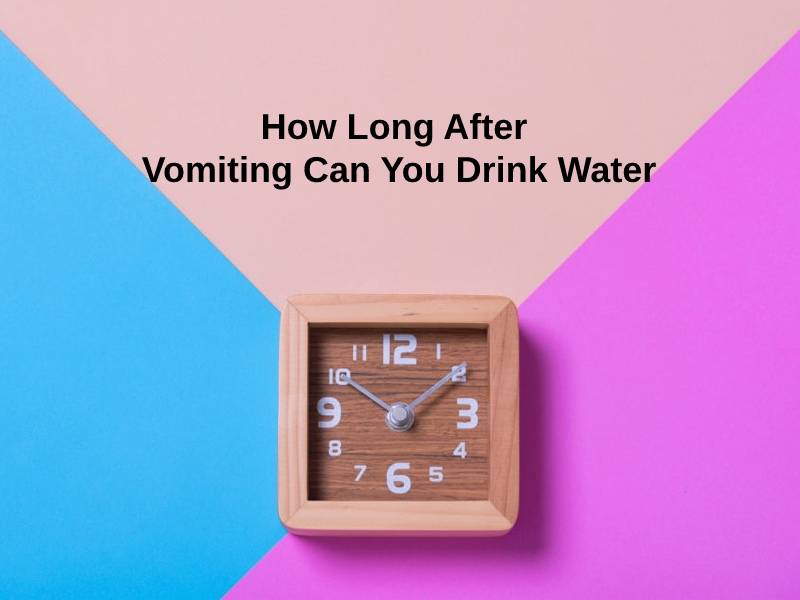
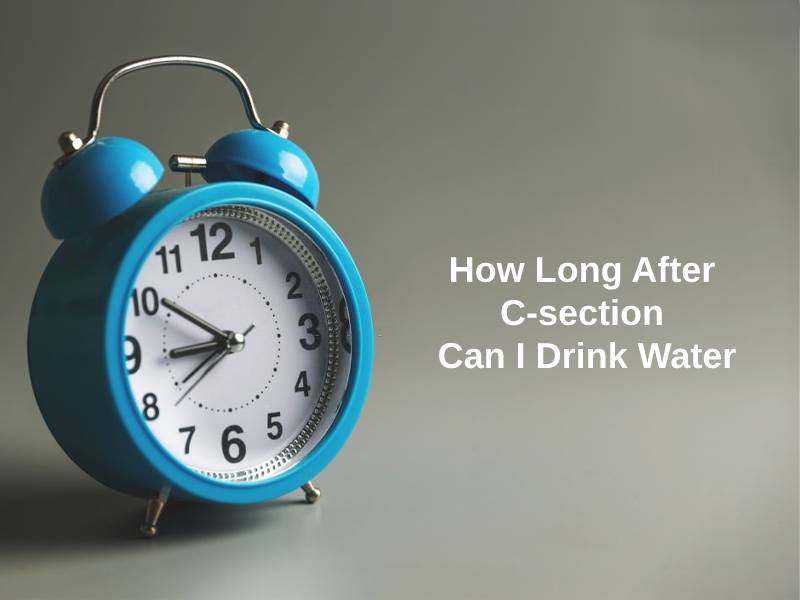
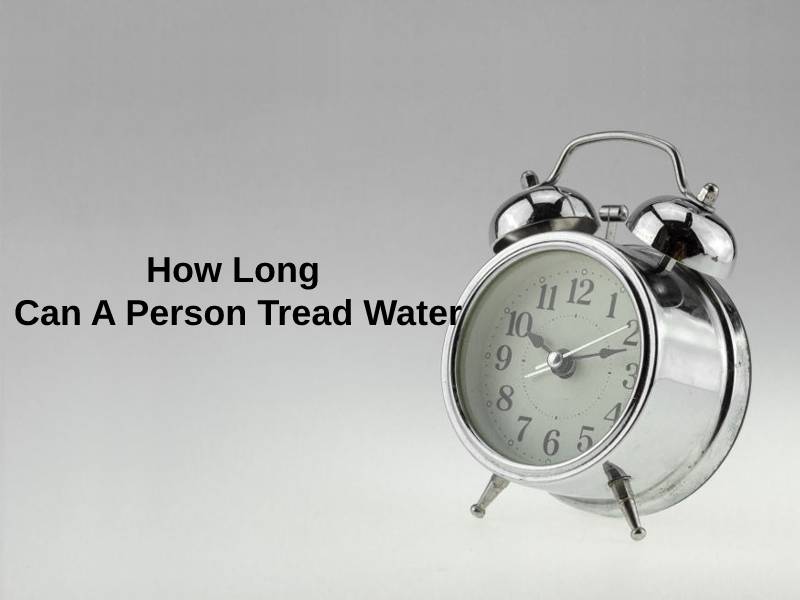

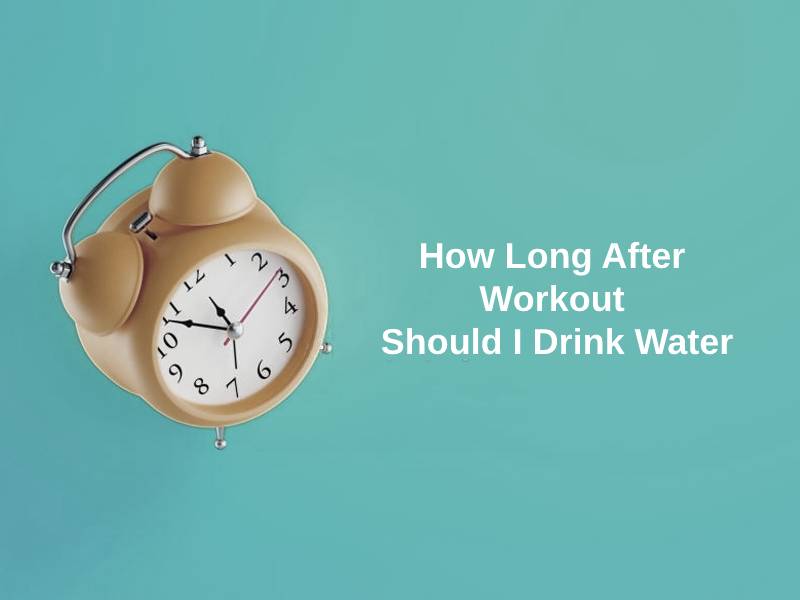


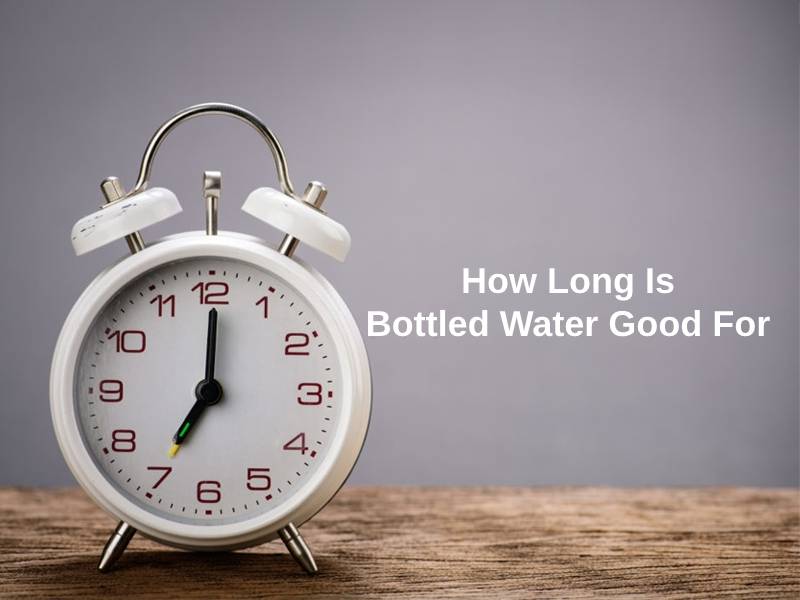
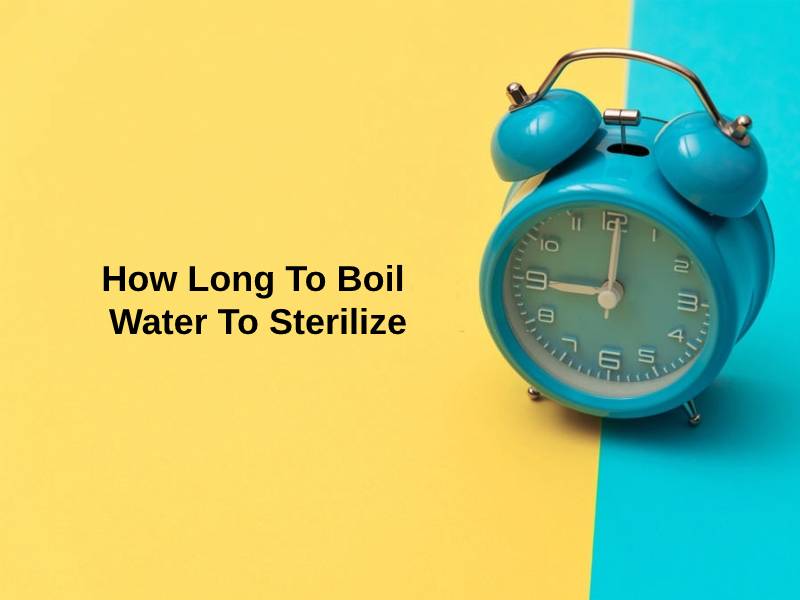
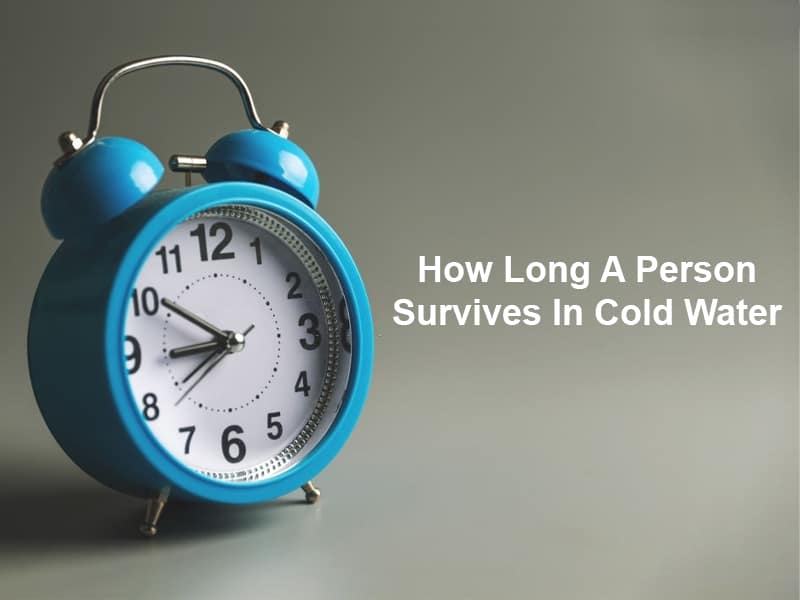
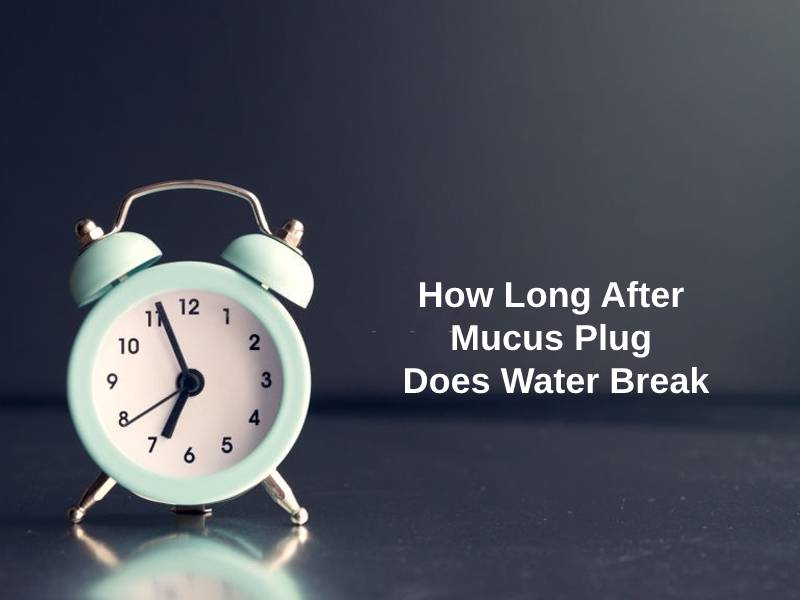


This article provides a comprehensive explanation of the vital role water plays in human functioning. The importance of staying hydrated cannot be overstated.
I didn’t realize dehydration could have such severe consequences. I appreciate the breakdown of the effects on the body.
Absolutely, I think it’s crucial to raise awareness about the dangers of dehydration.
I’ve experienced dehydration before and understanding its impact makes me more conscious of staying hydrated.
The article presents a well-informed perspective on dehydration. I have learned a lot about the human body’s water requirements.
Yes, the explanation about how much water we need and what factors affect it is highly informative. Water plays a crucial role in our bodies.
The conclusion of the article neatly sums up the importance of hydration. It’s a reminder that water is truly life-sustaining.
I agree with your observation. This article effectively communicates the paramount importance of water for our well-being.
Definitely, this article conveys a powerful message about the significance of water in our lives.
I appreciate the detailed explanation of the role water plays in various bodily functions. It’s astounding how vital water is to our survival.
The comprehensive nature of the article ensures that readers gain a deep understanding of the relevance of hydration. It’s a must-read for everyone.
This article does a good job explaining the importance of staying hydrated and the effects of dehydration. It’s important to always have water nearby.
I agree! I think it’s crucial to spread awareness about staying hydrated. It’s essential for our health.
The article’s emphasis on understanding dehydration and its effects is pivotal. The information provided here can be life-saving.
Yes, I believe this article serves as a valuable educational resource, shedding light on the significance of hydration.
Dehydration is more serious than I thought. This article has been enlightening and made me more cautious about my water intake.
It’s reassuring to have this knowledge. I’ll be more mindful of my water consumption from now on.
I found the explanation regarding the different factors influencing water requirements very useful and easy to understand.
The references at the end of the article are a great inclusion. Very informative and educational.
I appreciate the scientific grounding of the information. It adds credibility to the article.
Agreed, it’s always helpful to have reputable sources to refer to.